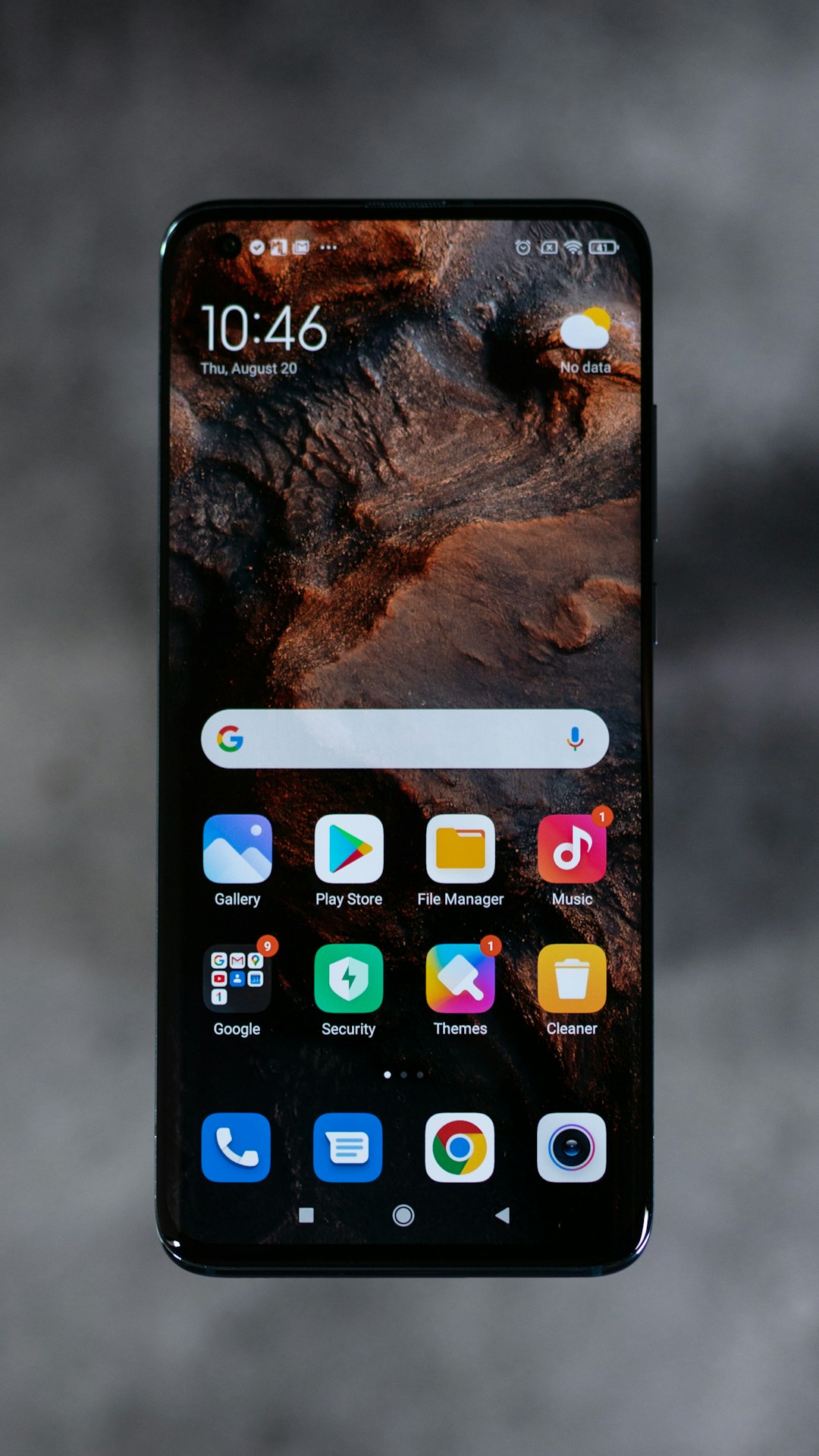Robocalls are a growing challenge for law firms in Arkansas, disrupting operations and client relationships. Beebe's Strategy offers a multi-faceted approach combining legislative action, advanced filtering technologies, and consumer education to combat these unwanted automated calls. By implementing this strategy, Arkansas law firms can reduce robocalls, improve efficiency, enhance client satisfaction, and boost lead quality, ensuring they remain competitive in the digital age.
In the face of escalating robocalls targeting Arkansas law firms, a comprehensive strategy is more crucial than ever. This article explores Beebe’s innovative approach to tackling this pervasive issue. We delve into the specific challenges faced by legal professionals in Arkansas and present their multi-faceted solution. By implementing robust measures, Beebe’s strategy promises long-term benefits, enhancing business operations and safeguarding client relationships from intrusive robocalls. Discover how these tactics can empower law firms to navigate this modern communication landscape effectively.
Understanding the Robocall Problem for Law Firms in Arkansas

Robocalls pose a significant challenge for law firms in Arkansas, much like they do across the country. These automated phone calls, often used for marketing and sales purposes, have become a nuisance, especially when targeted at businesses. Law firms, with their need to maintain client relationships and protect sensitive information, are particularly vulnerable to robocalls due to the volume of incoming calls they receive. Arkansas law firms must deal with not only unwanted personal calls but also those intended for competitors, potentially leading to disrupted operations and security risks.
The problem is exacerbated by the fact that robocall technology is readily available and easily accessible, making it challenging for businesses to filter out legitimate calls from unwanted ones. As a result, law firms are left with no choice but to invest time and resources into managing these calls or risk being overwhelmed by them. This issue demands a strategic approach to mitigate the impact of robocalls and ensure the safety and efficiency of Arkansas-based law firms’ operations.
Beebe's Strategy: A Comprehensive Approach to Reduction

Beebe’s Strategy for Reducing Robocalls to Businesses in Arkansas takes a comprehensive approach to tackle the persistent issue of unwanted automated calls. This strategy involves a multi-faceted strategy that combines legislative action, technological advancements, and public awareness campaigns. By strengthening the state’s robocall law firms and implementing stricter regulations, Beebe aims to hold call centers accountable for their practices.
Additionally, the strategy leverages advanced filtering technologies and consumer education initiatives to identify and block malicious calls effectively. This holistic method ensures that Arkansas businesses are better protected against intrusive robocalls while promoting a fair and transparent communication environment.
Implementation and Benefits: Long-Term Solutions for Law Firm Success

Implementing Beebe’s Strategy offers a robust, long-term solution for law firms seeking to combat the deluge of robocalls in Arkansas. By focusing on comprehensive caller ID verification and advanced blocking technologies, law firms can significantly reduce the volume of unwanted calls, fostering a more efficient work environment. These measures not only save time and resources but also enhance client satisfaction by ensuring that every call received is from a legitimate source.
The benefits extend beyond immediate cost savings. Accurate caller identification allows legal professionals to prioritize genuine leads while dismissing automated marketing efforts. This refined approach leads to higher conversion rates for legitimate clients, who appreciate the reduced disruption caused by robocalls. As Arkansas’ legal landscape evolves, adopting these strategies positions firms for sustained success, ensuring they remain competitive and responsive to their clients’ needs in an increasingly digital age.






